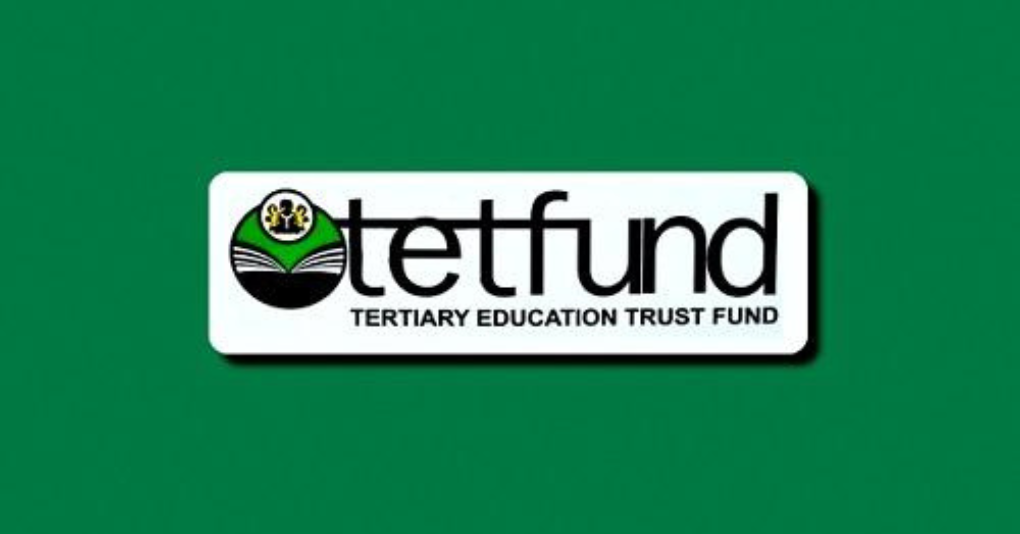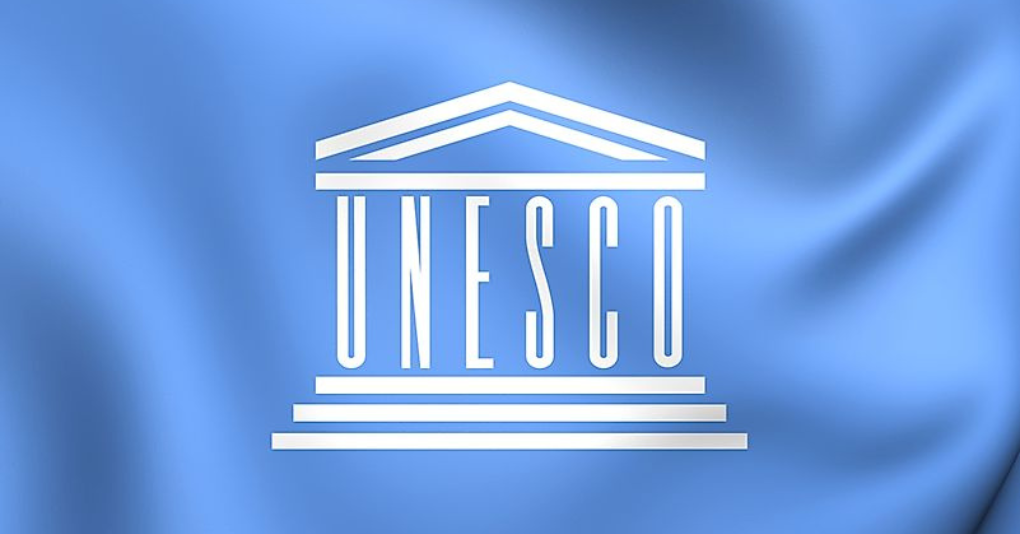The Federal Government has announced that tertiary institutions with less than 1,000 students enrolled will no longer receive funding from the Tertiary Education Trust Fund (TETFund).
Specifically, it said the policy, designed to optimise public resource utilisation by restructuring the funding framework, will take effect from 2026.
Minister of State for Education, Prof. Suwaiba Ahmad, stated this at the 2025 Policy Meeting in Abuja.
Prof. Ahmad questioned the fairness of distributing the same amount of resources to schools with low enrollment as those with much larger student populations.
The minister, therefore, urged TETFund beneficiary institutions to exceed the government’s student enrollment benchmark to continue accessing funding from the agency.
Already, it has mandated federal institutions to publish key institutional data on their websites, including the student population.
It remains to be seen how it will handle beneficiary institutions owned by subnationals.
The Nigerian government had, in May this year, set the minimum student enrollment benchmark at 2,000 per tertiary institution.
However, it was gathered that due to pressure from institutional heads, the amount was later reduced by 50 percent.
The move, which has sent shivers down the spine of beneficiary institutions, especially those with abysmally low student populations, has sparked concerns about their eligibility for TETFund interventions and potential funding cuts at a time when most owners have left infrastructural development to the agency.
Checks by our correspondent on the websites of some tertiary institutions revealed that Federal Polytechnic, Ohodo, Enugu State, for instance, has an undergraduate student population of 65.
Press reports that the institution was established in 2021 by former President Muhammadu Buhari.
Some industry stakeholders argue that the policy could compromise institutions’ financial stability and academic programmes, as TETFund accounts for over 80 per cent of interventions in most beneficiary schools.
The agency has funded 5,525 physical infrastructure projects in over 260 beneficiary institutions, sponsored 23,271 academic staff for Ph.D. programmes and 15,977 for Master’s degrees and awarded grants for 19,297 Institutional Based Research (IBR).
In an exclusive interview at the Policy Meeting, Dr Isaac Ode, Deputy Rector of the Nigerian Army College of Environmental Sciences, Markudi, Benue State, revealed that the quest to increase the number of students led polytechnics to retain the 100 minimum cut-off mark at the meeting.
According to Dr Ode, Polytechnics are under immense pressure to boost their students’ drive to avoid funding cuts.
The Deputy Rector justified the adoption of a minimal admissible score for Polytechnics at the event, saying: “We lowered that of polytechnics so that we can get students because it is a real problem for polytechnics. We don’t have students. We’re competing for students everywhere. So, the 100 minimum cut-off mark for Polytechnics is okay for now.
“And if you add to the fact that the Federal Government is saying that if you don’t have up to 1,000 students, you will not access their support, there is a need for us to hike our admissions to be able to get the support of TETFund.”
He expressed worry that TETFund, rather than the institutions’ owners, is funding most projects in public tertiary institutions.
Drawing positives from the policy, he said it would make ‘sleeping’ and ‘complacent’ institutions wake up or risk being defunded.
Share this post





Be the first to comment on this post